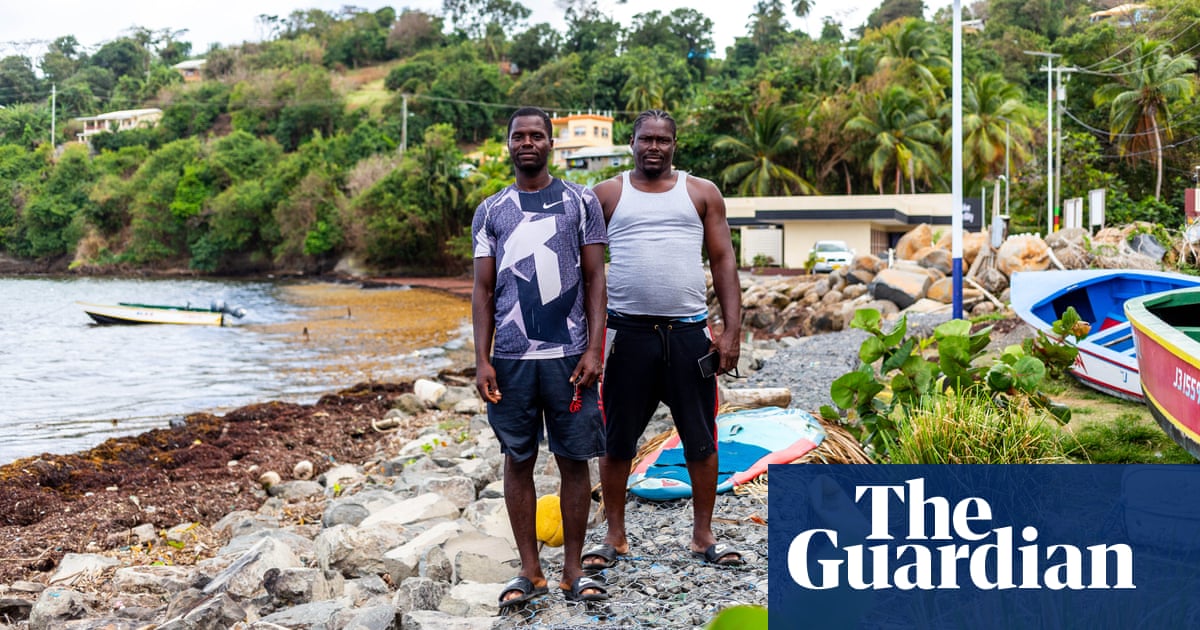- The Green Light
- Posts
- 🌱💡 Young climate campaigners aren't giving up just yet
🌱💡 Young climate campaigners aren't giving up just yet
Today's good climate and environment news
Happy Friday!
Here’s some positive climate stories to take you through to the weekend. If you enjoy this issue, consider forwarding to a friend, colleague, ex, enemy… anyone who could use some good news.
⚖️ The fight for youth climate justice goes on
The biggest ever youth climate case was denied the chance of being heard in court after a ten-year battle – but it’s not the end of the road for these young people. The case was an attempt to sue the US federal government for continuing to burn fossil fuels, violating the children’s rights to life and a healthy environment. It acted as a blueprint for other young people to take state governments to court, some of which have won unprecedented victories. And now, these young plaintiffs are deciding whether to take their case to an international court – or keep pushing at the federal level.
It “ignited the global youth climate movement,” she said, “and forced a reexamination of children’s rights in the context of climate change.”
📚 Learn more: Juliana v. United States | Our Children's Trust
🥁 Making music, not emissions
Vegan meals, a battery-powered stage, local ticket sales, and a tour bus powered by vegetable oil meant that the band Massive Attack could put on a show that cut carbon emissions by 98% compared to the industry average. This performance sets an inspiring example for what’s possible for the music industry when it comes to lowering its footprint.
🏝️ The smelly scourge that could power an island
For years, the Caribbean island of Grenada has been troubled by rotting sargassum seaweed, and the unholy stink that comes with it. Now, the government is working with the EU to find biotech companies that can turn this waste into clean energy, crop fertilisers, and even plastics. As a valuable resource with an export market worth $200bn, turning this scourge into a climate solution could hugely benefit the country.


